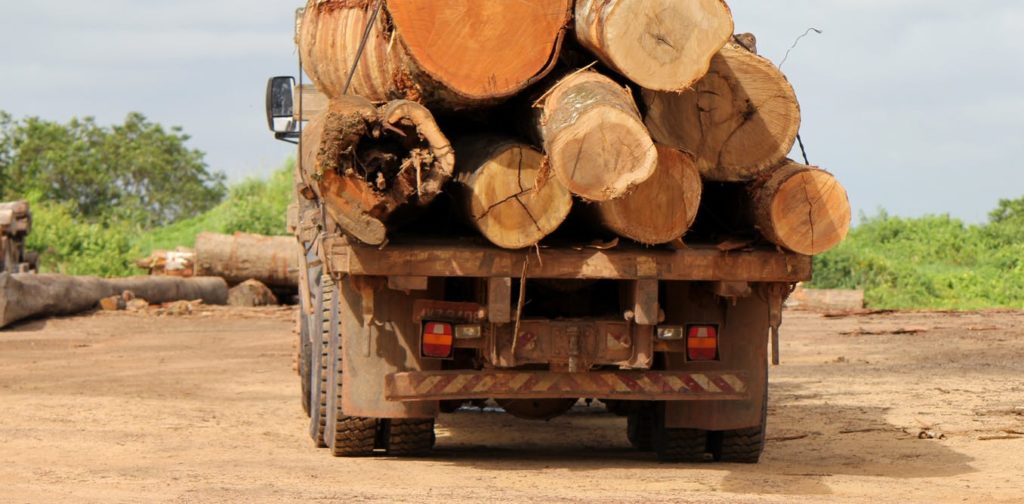Jair Bolsonaro Wants to Deforest the Amazon – What Powers Does the UN Have to Stop Him?
BRICS, UNITED NATIONS, ENVIRONMENT, 22 Jul 2019
12 Jul 2019 – Deforestation of the Amazon rainforest in Brazil is at its highest rate in a decade, according to new satellite data. This comes after President Jair Bolsonaro has loosened environmental regulations, cut enforcement budgets, and supported further development in the region.
Trees absorb carbon dioxide naturally, and are one of best tools we have to help stave off climate catastrophe – and the Amazon itself is a crucial carbon sink. This means responding to deforestation in Brazil has become a matter of international responsibility.
The primary purpose of the United Nations is to maintain international peace and security. With climate breakdown already causing conflict and undermining human security, it’s hard to argue the UN should not get involved.
So what could it do about Brazil’s deforestation? My PhD research examines the intersection between environmental governance and the UN Security Council. The council is a legislative body designed to safeguard international peace and security – it’s made up of five permanent members and ten non-permanent (elected) members. I want to consider three options available to it: the support of international law; intervention through force; and sanctions.
Option 1: Applying international law?
Brazil was one of the 195 signatories to the 2015 Paris Agreement on climate change, which set global targets to reduce greenhouse gas emissions and keep global warming below 2℃ or ideally 1.5℃. Article 5 of the Agreement says that parties “should take action” to preserve forests due to their role as carbon sinks. The problem is the word “should”, which places very little legal obligation on parties.
TO CONTINUE READING Go to Original – theconversation.com
Tags: Amazonia, BRICS, Brazil, Conflict, Deforestation, Development, Economics, Environment, Geopolitics, Indigenous Rights, Latin America Caribbean, Media, Politics, Power, Racism, Social justice, Violence, West, World
DISCLAIMER: The statements, views and opinions expressed in pieces republished here are solely those of the authors and do not necessarily represent those of TMS. In accordance with title 17 U.S.C. section 107, this material is distributed without profit to those who have expressed a prior interest in receiving the included information for research and educational purposes. TMS has no affiliation whatsoever with the originator of this article nor is TMS endorsed or sponsored by the originator. “GO TO ORIGINAL” links are provided as a convenience to our readers and allow for verification of authenticity. However, as originating pages are often updated by their originating host sites, the versions posted may not match the versions our readers view when clicking the “GO TO ORIGINAL” links. This site contains copyrighted material the use of which has not always been specifically authorized by the copyright owner. We are making such material available in our efforts to advance understanding of environmental, political, human rights, economic, democracy, scientific, and social justice issues, etc. We believe this constitutes a ‘fair use’ of any such copyrighted material as provided for in section 107 of the US Copyright Law. In accordance with Title 17 U.S.C. Section 107, the material on this site is distributed without profit to those who have expressed a prior interest in receiving the included information for research and educational purposes. For more information go to: http://www.law.cornell.edu/uscode/17/107.shtml. If you wish to use copyrighted material from this site for purposes of your own that go beyond ‘fair use’, you must obtain permission from the copyright owner.
Read more
Click here to go to the current weekly digest or pick another article:
BRICS:
- The “BRICS Sovereigns” vs the “Globalist Oligarchy”
- Cuba Joining BRICS Is a Lifeboat for Its Economy
- BRICS and G20 Value Platforms: A Comparative Analysis
UNITED NATIONS:
- Israel's Gaza Massacre: Are We Witnessing the DEMONIC?
- Putin’s Proposed UN Control Over Ukraine Is Well Intentioned but Will Be Tough to Implement
- The Christian Zionist Leading the International Court of Justice
ENVIRONMENT:
